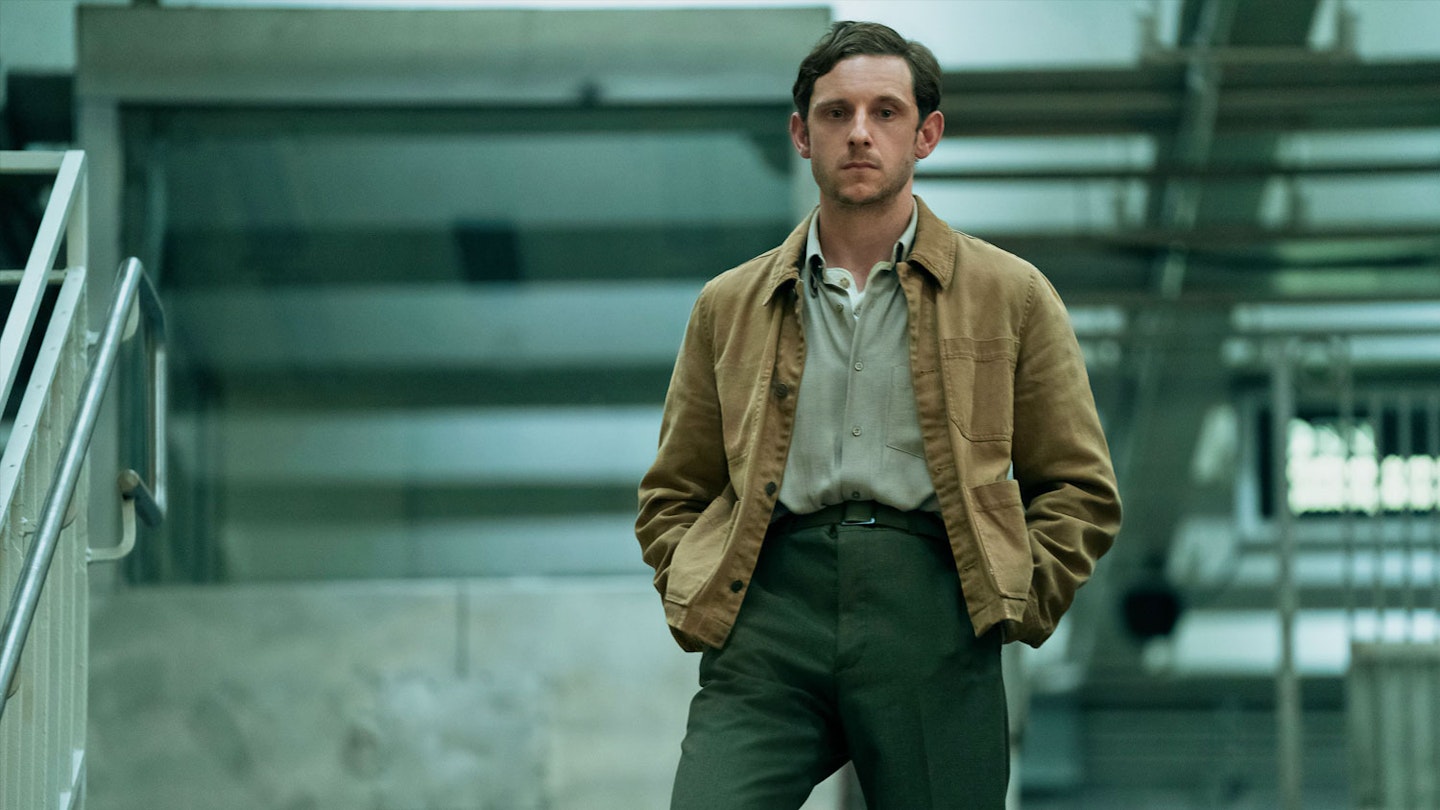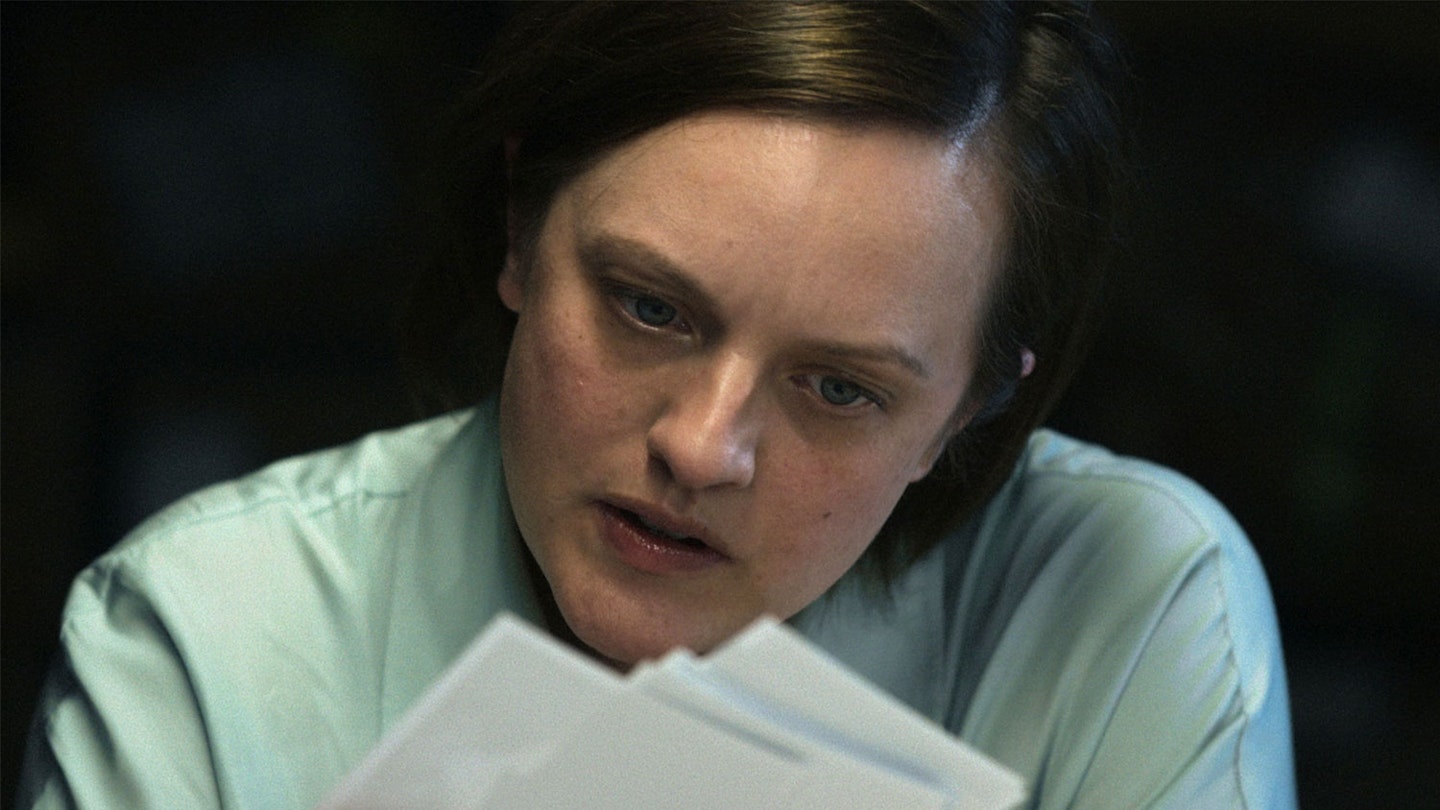It’s easy to assume that Elisabeth Moss is at her most comfortable when she is uncomfortable. Here, you might think, is just another embattled character for her to play, another traumatised woman against the world, continuing the throughline of her hugely impressive career that starts with Mad Men and continues from The Handmaid’s Tale to this, an adaptation of the novel by Lauren Beukes. With its themes of semi-supernatural gaslighting and the toxic men behind it, there are even some parallels with her character in 2020’s The Invisible Man.

But Moss is such a skilled, conscientious actor that what emerges has its own quality and approach entirely. Kirby is a complex character, with a story that spans years, experiences and even, somehow, different planes of reality. The trauma of an attempted murder hangs over her, and she is desperate to find the man who did it — but she also struggles with a tenuous grip on reality, a science-fiction premise functioning as a mental health allegory. Without warning, elements of her life will shift: a colleague becomes her husband; her rockstar mother becomes a born-again Christian; her apartment belongs to someone else. (Sharp talent behind the camera, such as veteran TV director Michelle MacLaren, helps sell the reality-warps via understated visual cues.)
Moss is brilliant at all this, bringing a subtlety to this particular existential crisis.
Perhaps predictably, Moss is brilliant at all this. She can do nervous breakdowns almost in her sleep these days, but much more than that, she brings a subtlety to this particular existential crisis, her slightest expressions signalling a nightmarish experience that nobody else could ever comprehend. The only person who comes close to understanding is Dan (Narcos’ Wagner Moura, himself a former journalist), a tenacious reporter in spite of his personal flaws, and an effective, stoic foil to Kirby’s shifting-sands disorientation. (Jamie Bell, meanwhile, is superb as a creepy Jamie Bellend, weaponising his charm into an insecure, entitled psychopath.)
Much of the series thus plays like a straightforward serial-killer procedural, with some grisly content — it’s unafraid to trade in recurring imagery of bloodied female bodies — and a sometimes repetitively glum tone. You’d be forgiven for nearly forgetting there is even a supernatural element at all; the show keeps its cards close to its chest, such that you might not always realise there’s a card-trick being played.
It is novelistic in structure and pace, burning slowly, and showrunner Silka Luisa unfurls the revelations with a confidence that does, ultimately, pay off. It requires patience and occasionally a strong constitution, but Shining Girls is equally effective as a mystery-box show, as a detective potboiler, as a horror-tinged sci-fi, or as a powerful metaphor for women not being taken seriously. It's also another stirring showcase for the seemingly infinite talents of Elisabeth Moss.
